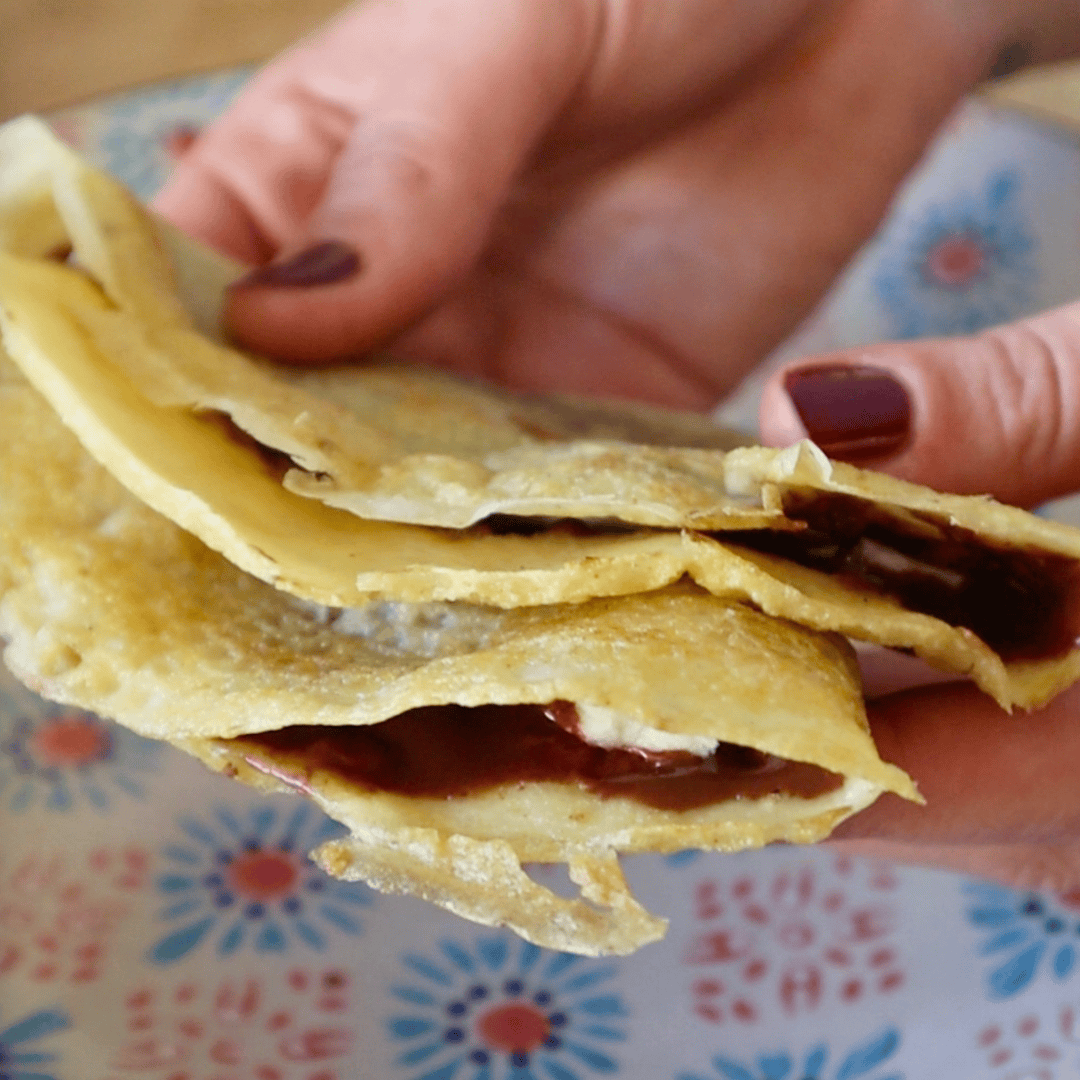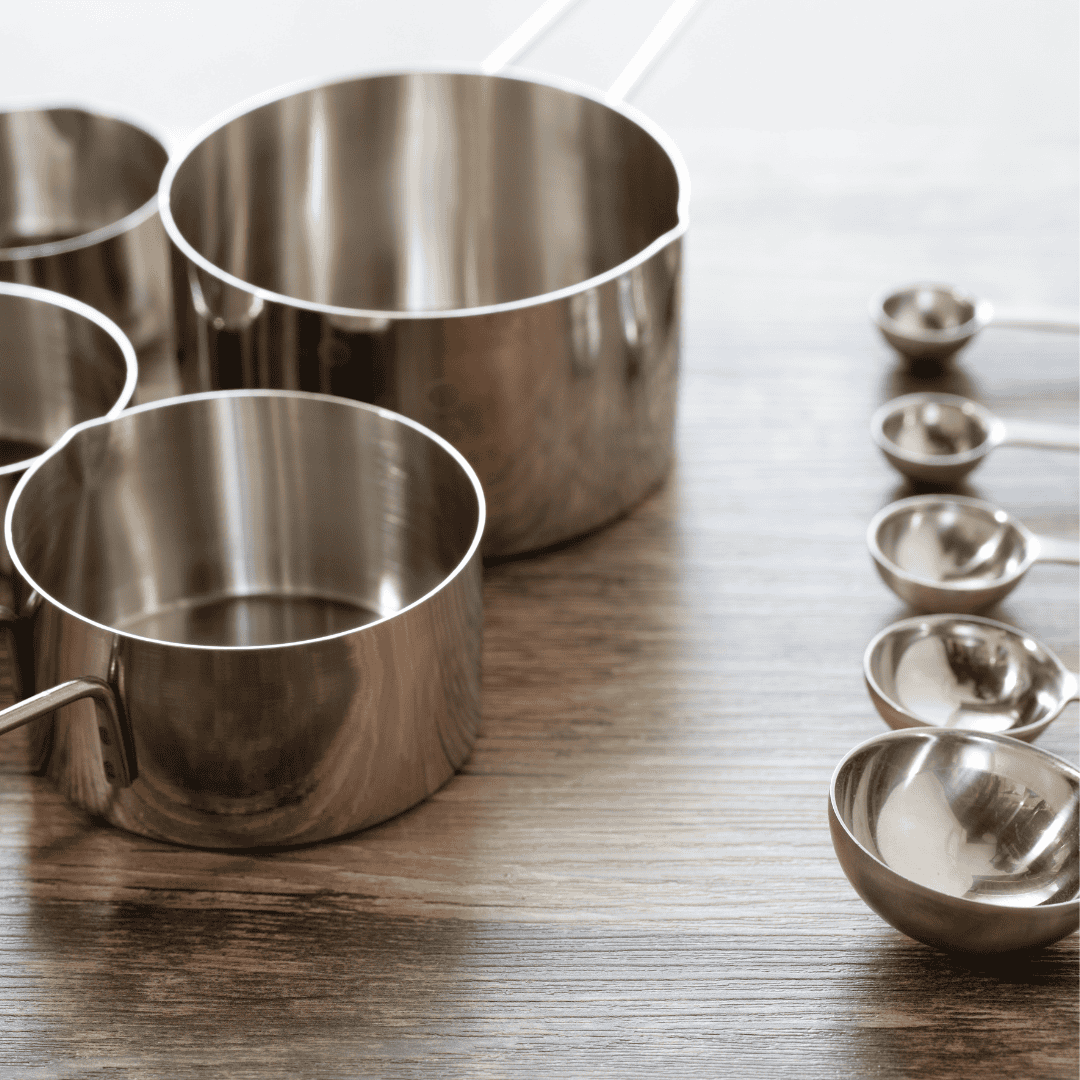Here is a comprehensive guide to vegan sources of protein. Getting enough protein as a vegan is possible, contrary to popular belief! There is protein in a lot of foods that you might not think about. I personally do not track the food I eat, but when I do, without stressing too much over what I need to eat, I get the daily protein recommended for women my age.
In this post, I will go through plant based sources of protein!

The deficiency of protein in vegan is something that comes up a lot. Since becoming vegan, a lot of people have asked me “where do you get your protein from?” Many still don’t know that you can get enough protein from eating a plant-based diet and it has been shown that vegans have not been shown to be deficient in protein.
Where do vegans get their protein?
There are different types of protein sources. Meat alternatives and processed vegan foods are becoming more and more popular. They are made from soy, wheat gluten or pea and contain protein. Then there are more natural, whole foods, that are also a great source of protein.
I personally do not consume a lot of meat alternatives but I do consume soy products. Some wholefoods protein sources include tofu, edamame, beans, lentils, soymilk, nuts, seeds, whole grains, nut butter and leafy greens.
Now I will go through some of the best high protein sources as well as give you some recipes that are high in protein
Vegan sources of protein:
1.Soy products
Soya foods are a fantastic source of protein and are available in a huge range of forms and can be cooked in so many ways.

Tofu: 17 g of protein x 100 grams
Tempeh: 20 g of protein x 100 g
Soy beans: 17 g x 100 g
Soy milk: 3 g x 100 g
Edamame beans:
Check out my recipes with soy products here:
2. Legumes
There are many types of beans that are high in protein. They are cheap and convenient. They’re perfect in soups, burgers, for dals, dips, salads and more!

Chickpeas: 8.4g per 170 g
Lentils: 9 g per 100 g
White beans: 9.7g per 100g
Kidney beans: 8.7g per 100g
Black Beans: 8.9g g per 100 g
Check out recipes with legumes here
3. Nuts and Seeds
These are great on their own as snacks, in pesto, in soups, to make creamy sauces and dips.

- Hempseeds – 5,5 g for 1-2 tbsp
- Almonds – 3g for every 6 almonds
- Cashews – 3g for every 10 nuts
- Pumpkin seeds – 4g per tbsp
- Walnuts – 3g for 3 nuts
- Hemp seeds – 5g per tbsp
- Chia seeds – 2g per tbsp
Nut also come in the form of nut butter:
- Peanut butter: 3 g per tsbp
I use walnuts and cashews often, find some recipes for walnuts and cashews
Spirulina powder is also a good source of protein: 4 g x tbsp
4.Grains

Oats: 12g x 100 g
Buckwheat : 13 g x 100 g
Amaranth: 15g x 100g
Eizekel bread: 11 g x 100 g
Quinoa: 4.4g x 100 g
Wholemeal bread: 7g per 2 slices
Wholemeal pasta: 5g x 100g
5.Vegetables

Green peas: 9g x 100g
Soybean sprouts: 13.1g x 100 g
Kale, Artichokes,Spinach, Mushrooms: 3g x 100g
Broccoli: 2g x 100g
6. Protein powder

A good way not to worry about protein is to use protein powder. There are many vegan brands with plenty of flavours. They are great in smoothies, on their own, and with oatmeal.
I have 35% off Proteinworld with the code FRAN35, through this link (Affiliate)
7.Meat alternatives
The previous protein sources are mainly whole foods. There are also more processed foods that are a good source of protein.
Seitan, made from wheat gluten, is also a great source of protein: 25g x 100g
Vegan soy mince: 21.8g x 100g
Vegan chicken (This isn’t chicken): 23g x 100g
Vegan bacon (This isn’t bacon): 25g x 100g
Recipes to check out
Chili sin carne 31.9 g of protein

Vegan carbonara: 25.6 g protein

Tahini Tofu – 13.g of protein

Tofu scramble – 11.6 g of protein

Quinoa Risotto – 15.6 g of protein

Quinoa and black bean burgers 11.7 g of protien

Rocket Pesto: 18.4 g of protein

Cannellini beans brownies: 6.8 g of protein

Kale and potato gnocchi: 8.4 g protein

Let me know what your favourite sources of protein are!









